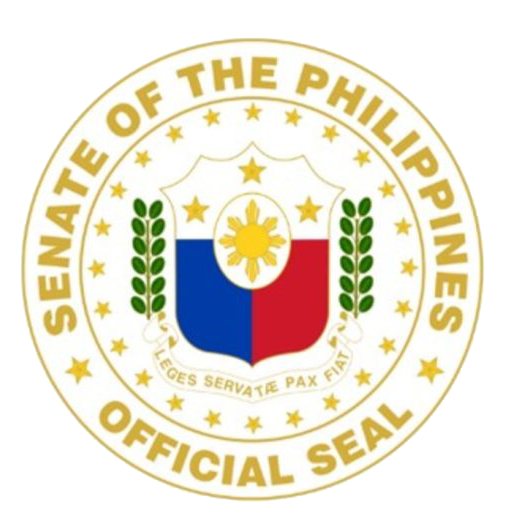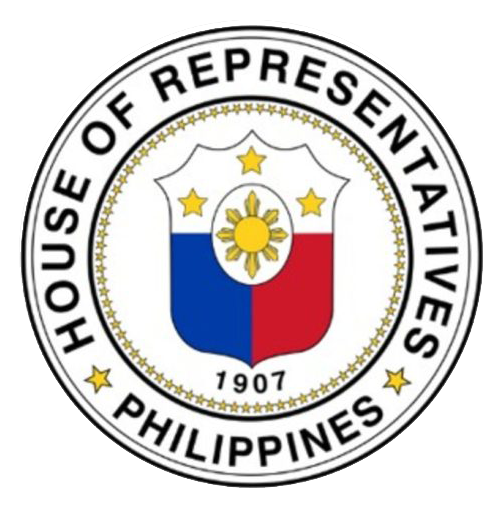
Charting legislative action for foreign policy implementation
Atty. Dana Paula Alberto
07 December 2023
Although the President is the sole organ in the conduct of foreign relations, the Congress has a shared responsibility in the implementation of the country’s foreign policy, either in the exercise of the Senate’s constitutional mandate to concur in treaties or both Houses of Congress’ power to transform treaties into domestic laws. Thus, Executive and Legislative cooperation is imperative. Continue reading…
What’s in the House?: Mapping the Climate Action Legislation
Rommel Reyes
07 December 2023
According to Dr. Perez, climate change alters weather and water patterns worldwide, resulting in droughts in some areas and floods in others. Specifically, the diminishing water supplies during droughts adversely impact agricultural production in the Philippines. Climate change also increases the occurrence of extreme events such as flash floods and severe storms, heat stress, and the increased prevalence of pests and diseases. All these phenomena brought about by climate change can push millions more people into poverty. Continue reading…
Are We Creating Safe and Inclusive Mass Transportation?
Jennifer Ramos
07 December 2023
Metro Manila serves as a case study in assessing how the Philippines has adapted to trends in road safety and public transport convenience. The country prides itself on a pool of experts who advocate user-friendly road networks and facilities. Academically, this is referred to as user-sensitive, in which the planning and implementation of road and transport projects for public commuters and pedestrians are geared towards their needs, almost to a personal level. While studies try to advocate for this, government budget allocation and outcomes of infrastructure projects show a glaring deviation. Continue reading…
Shared Responsibility in Securing the Digital Future of Filipinos
Atty. Richard Leo M. Baldueza
07 December 2023
The COVID-19 pandemic drastically sped up the shift to digital transactions in the public and private sectors. As a result, people who have avoided transacting online found themselves learning to pay their bills, transfer their funds, or even order necessities online. However, the surge of digital transactions also exposed inherent dangers in uncharted systems: cybersecurity threats and cybercriminals. Together with population segments who lack basic technological know-how, such as older adults and technology-averse individuals, digital fraud is more likely to happen. Continue reading…
KNOWLEDGE CENTER
THURSDAY TALKS SERIES
You may rewatch all episodes of the 2023 Thursday Talks Series here.



